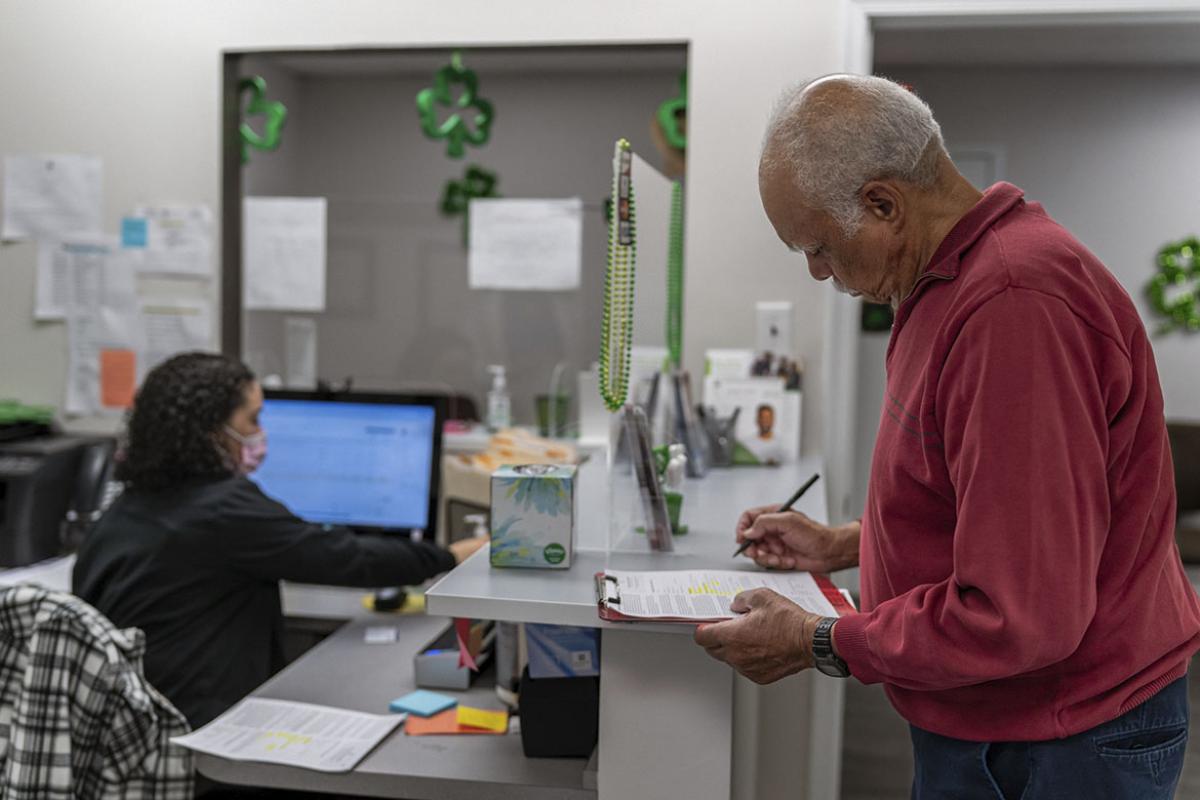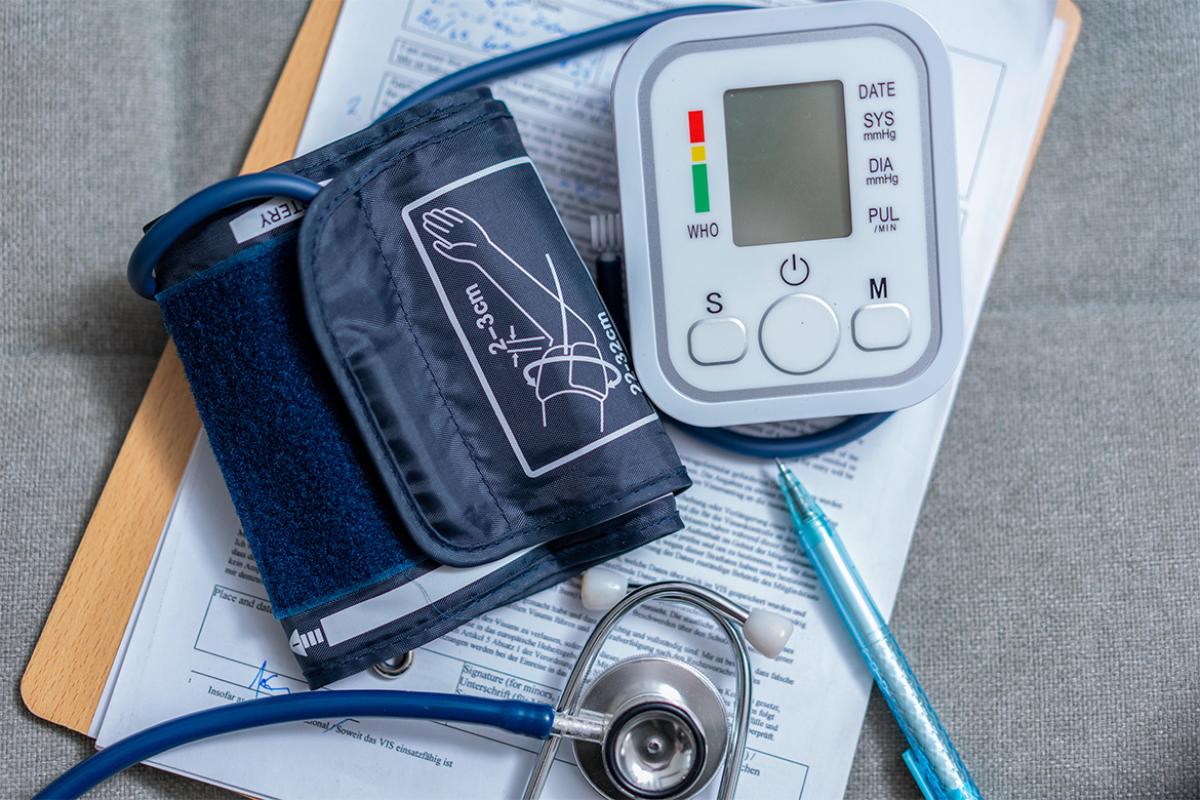The rigors of medical school are abundant. Still, some medical students find time amid the heavy workload to pursue their passion to improve health care through innovation.
Speakers during an event at MATTER—as part of the Chicago-based health care incubator’s medical student-focused series—offered some expert insight on some of the advantage medical students have when working in the innovation space.
Fresh perspectives
Early on his training the MD/PhD program at Northwestern’s Feinberg School of Medicine, Bilal Naved was getting solicitations from his network of friends and family. They wanted to channel his expertise for advice and unofficial diagnosis. There’s one problem: He didn’t have the expertise yet.
“I was a few months into medical school,” Naved said. “My friends and family were calling asking me what do I do for my hurt toe, my sore throat, my tummy ache? I was like, ‘I haven’t even taken those units yet, so I don’t know.’ But it got me thinking.
“They google their symptoms and end up with more anxiety than answers. They try to call a friend and end up with no answers. And not everyone has access to a physician in their network of family friends. But in medical school, there’s a lot of algorithmic questions we ask someone when they have a cough or fever. So, I wondered why can’t we bring those questions to people and bring them clear steps for their health care?"
That line of thinking resulted in Naved and a few friends creating a health care start-up—Clearstep, where Naved is chief operating officer—that works to offer patients information to support their decision-making before they visit their physician. Their symptom-checking products, including a COVID-19 screening tool, are in use at Hartford HealthCare, in Connecticut, and Central Florida’s BayCare health system.
Learn with the AMA about how to tell whether your medical innovation idea has investor appeal.
Surrounded by expertise
Medical students may not yet boast clinical expertise as trainees, but they have access to some of the best in the field. From Naved’s experience, medical school faculty members can be a valuable resource.
“Being a student is almost your golden ticket,” he said. “At an academic institution, all of the attendings there realize that they will likely be reached out to. As a student, you should take full advantage of that as much as you can.”
As an attending physician at NorthShore Orthopaedic Institute and clinical assistant professor of family and community medicine at Northwestern’s Feinberg School of Medicine, Adam Bennett, MD, has been both an expert and consulted the experts around him for his work with digital health companies.
“The doctors in the trenches that deal with patients day in and day out” are valuable resources, said Dr. Bennett, who is also chief medical officer of Kitchry Health, a Chicago-based startup whose digital platform aims to combine health, data and behavioral science “to amplify health.”
“I was able to tell my company this is going to work; this is not going to work … quickly and we were able to get to a meaningful product that fit in with everyone’s decision-making processes,” Dr. Bennett said.
Find out how Dr. Bennett used the AMA Physician Innovation Network to get involved with Kitchry.
Entrepreneurship more valued than ever
Doctors and medical students can work in a variety of roles, and not all of them are patient facing. Because of that, medical schools, through dual degree programs and other interventions, are willing to work with trainees to help them in their efforts to innovate.
“I’ve met people that are part-time residents and are running companies or have full labs,” Naved said. “That exists out there. It’s possible.”
Naved spoke of the reality that more of the computing power and tech know-how exists in the corporate world than in the academic one. That creates a need for a segment of future physicians who are able to operate in both industries to change health care.
“The more challenging part is just getting through this training period,” he said. “There’s less rules that apply to us, but we also have to do the time and we don’t have the flexibility of our time. That’s something I struggle with is how will I be able to continue doing this once residency begins. I don’t know if I’ll be able to.” For medical students interested in entrepreneurial pursuits, the AMA Physician Innovation Network can connect medical students and physicians at any career stage with health technology opportunities.




